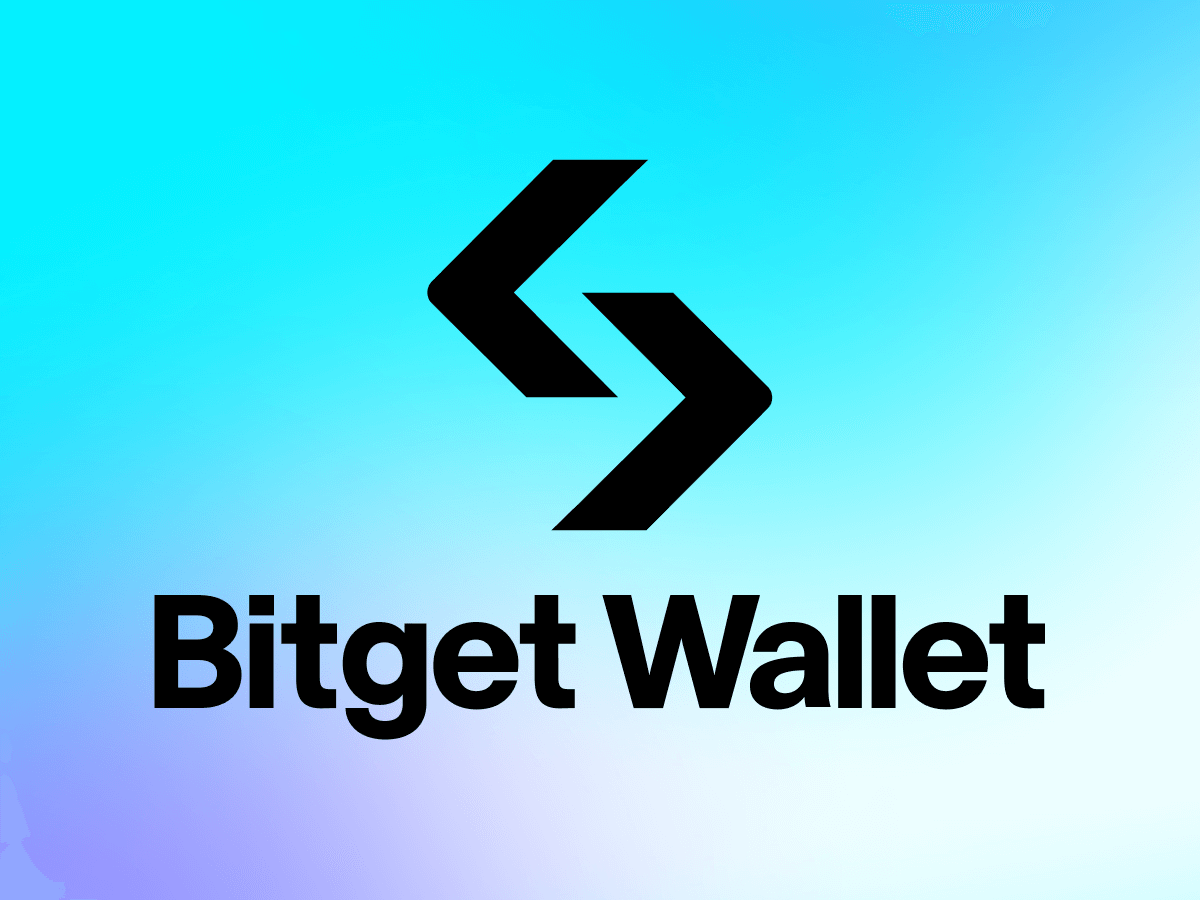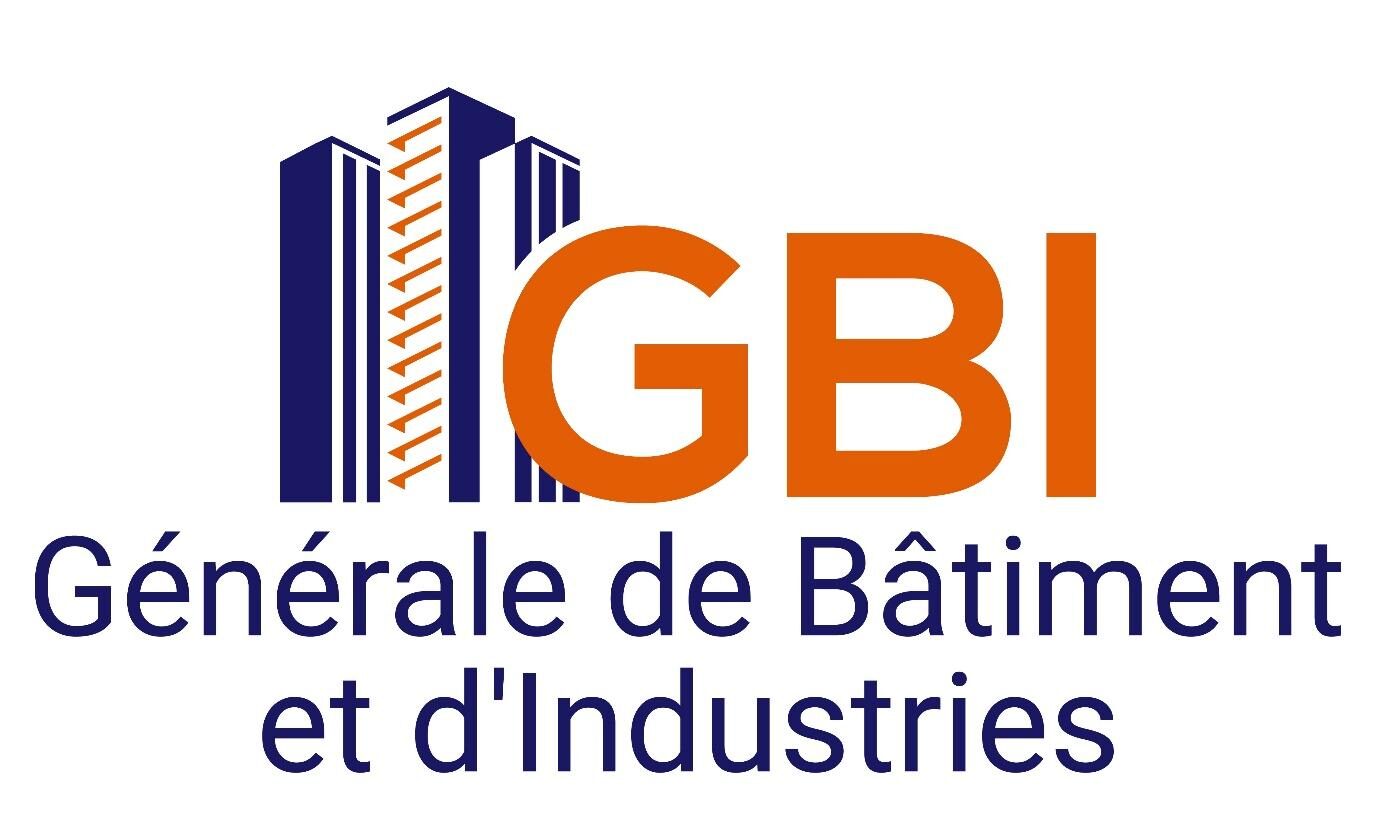Why DeFi Traders Are Turning to Hardware Wallets for Spot Trading Security
Spot trading in DeFi feels like walking a tightrope sometimes. Seriously? You’re juggling multiple chains, volatile markets, and the constant threat of hacks or phishing attempts. My gut tells me most traders don’t fully appreciate how crucial secure wallet support is—until it’s too late. Wow! I remember when I first tried juggling spot trades across Ethereum and Binance Smart Chain. It was chaotic, and honestly, the fear of losing funds kept creeping in.
Here’s the thing. Hardware wallets used to be clunky and inconvenient, especially for regular spot traders who wanted quick access. But times have changed. Now, with solutions like the bitget wallet extension, things are getting smoother. At first glance, I thought browser extensions were just another attack surface. Actually, wait—let me rephrase that. Extensions can be risky, but those that integrate hardware wallet support and multi-chain capabilities might just be the sweet spot we’ve been waiting for.
Let’s rewind for a second. DeFi’s rise means handling assets across several blockchains—Ethereum, Solana, BSC, and more. Traders want to move fast, execute spot trades, and not worry about juggling multiple wallets or risking private keys online. The problem? Most hardware wallets don’t play nice with DeFi’s multi-chain chaos out of the box. So you’re stuck choosing between security and convenience. Hmm… not ideal.
What bugs me about many wallet solutions is how they force you into a rigid flow. You have to disconnect, switch networks manually, or worse, hop through multiple apps. This creates friction and, frankly, increases the odds of user error. Now, if you’re trading spot—where timing can mean the difference between profit and loss—that friction is a dealbreaker. And that’s why I’m intrigued by platforms that combine hardware wallet security with seamless DeFi integration.
Check this out—imagine controlling your private keys with the physical safety of a hardware wallet, while simultaneously executing spot trades on various chains right from your browser. The bitget wallet extension offers exactly that kind of integration. It feels like the best of both worlds: hardware-level security alongside a user-friendly interface for active trading.

Okay, so here’s a little anecdote. Last month, I tried a quick spot trade on a new DeFi platform using my usual software wallet. I kept second-guessing if the site was legit or if I’d clicked a phishing link. The tension was real. Then, I switched to a session with my hardware wallet connected via an extension. The confirmation prompts on the physical device gave me peace of mind. Plus, the whole process was surprisingly smooth—no lag, no extra tabs, just quick, secure trades.
On one hand, hardware wallets have always been revered for cold storage, but on the other hand, they’ve been criticized for being too slow or cumbersome for active traders. Though actually, this gap is narrowing with the right software layer bridging the hardware. The real challenge, I think, is adoption. Traders need to realize that a little extra setup upfront saves them from potential disaster later.
Now, let’s delve a bit into the DeFi multi-chain trading aspect. When you’re spot trading, speed and security often clash. You want instant access but also robust protection. The extension’s ability to support hardware wallets across multiple chains means you don’t have to compromise. You get security without trading away convenience. That’s a big deal in a space where every second counts.
Something felt off about older wallet extensions—they seemed to prioritize flashy UI over true security. I’m biased, but I prefer tools that put key management front and center. The bitget wallet extension feels like it respects that balance. It integrates directly with hardware wallets so your private keys never leave the device, yet lets you seamlessly interact with DeFi protocols for spot trading.
Why Hardware Wallet Support Matters More Than Ever for DeFi Spot Trading
Spot trading is high stakes. You’re executing trades instantly, often based on market momentum or arbitrage opportunities. A delay or a security breach can wipe out gains in moments. That’s why relying solely on software wallets—vulnerable to malware or browser exploits—makes me uneasy. Hardware wallets add a layer of physical confirmation that software alone can’t match.
Initially, I thought hardware wallets were too slow for active spot traders. But after trying out some newer integrations, my perspective shifted. The lag is almost negligible. More importantly, the peace of mind knowing your keys are safe on a device that requires manual confirmations is priceless. The mental overhead of worrying about hacks just drops off.
But here’s a tricky part: not all hardware wallets and extensions are created equal. Compatibility issues, clunky UX, and limited multi-chain support can quickly turn a promising tool into a headache. This is where the bitget wallet extension shines—it’s designed with multi-chain DeFi users in mind, supporting spot trading across various blockchains while maintaining hardware wallet security.
Of course, no solution is perfect. There are still moments when network congestion or protocol quirks cause hiccups. Plus, learning curves exist—especially if you’re new to hardware wallets or DeFi. But the trend is clear: integrated hardware wallet support within browser extensions is becoming a must-have for serious spot traders.
And by the way, this isn’t just about security. It’s about usability too. I’ve seen traders bounce off platforms that require complicated wallet switching or manual signing processes. The smoother the integration, the more likely users stick around to trade confidently. The bitget wallet extension strikes a good balance, making hardware wallet use feel more natural in the fast-paced DeFi spot trading environment.
Personal Experience: Balancing Security and Speed in DeFi Spot Trading
Here’s a confession: I’ve lost sleep over a few trades because I wasn’t sure if my wallet was safe. Early on, I relied on hot wallets for speed, but the paranoia was real. Then, I started experimenting with hardware wallets combined with browser extensions. Initially, it felt like jumping through hoops—extra steps, confirmations, device syncing. But with time, it got smoother.
One night, I was about to execute a spot trade on a new token launch. My instinct said “don’t risk it on a hot wallet.” So I connected my hardware wallet via the extension and went through the prompts. Sure, it took a couple of extra seconds, but the confidence I felt was worth it. No sweaty-palmed second-guessing. That moment stuck with me.
Okay, so check this out—this integration also helped me manage trades across Ethereum and BSC without constantly switching apps. The extension handled the network juggling behind the scenes, letting me focus on strategy, not tech hassles. And for someone who’s dealt with the frustration of fragmented wallet setups, that’s a game changer.
It’s funny—when you first dive into DeFi spot trading, you think it’s all about the charts and timing. But real pros know it’s also about infrastructure. Having the right tools makes or breaks your experience. That’s why I keep coming back to solutions like the bitget wallet extension. It’s not perfect, but it’s a solid step towards safer, faster DeFi trading.
Of course, I’m not 100% sure if this will become the dominant model, but the direction is clear. Hardware wallet support integrated into user-friendly extensions is here to stay, especially as DeFi scales and attracts more traders demanding security without compromise.
Frequently Asked Questions
Why is hardware wallet support important for spot trading in DeFi?
Hardware wallets provide an extra security layer by keeping your private keys offline, which reduces the risk of hacks during fast-paced spot trading where security and speed are both critical.
Can I use the bitget wallet extension with multiple blockchains?
Yes, the extension supports multi-chain DeFi interactions, allowing you to manage assets and execute spot trades across various blockchains seamlessly.
Is the bitget wallet extension suitable for beginners?
While it’s designed with usability in mind, some familiarity with hardware wallets and DeFi basics helps. That said, its interface aims to simplify multi-chain spot trading without compromising security.


